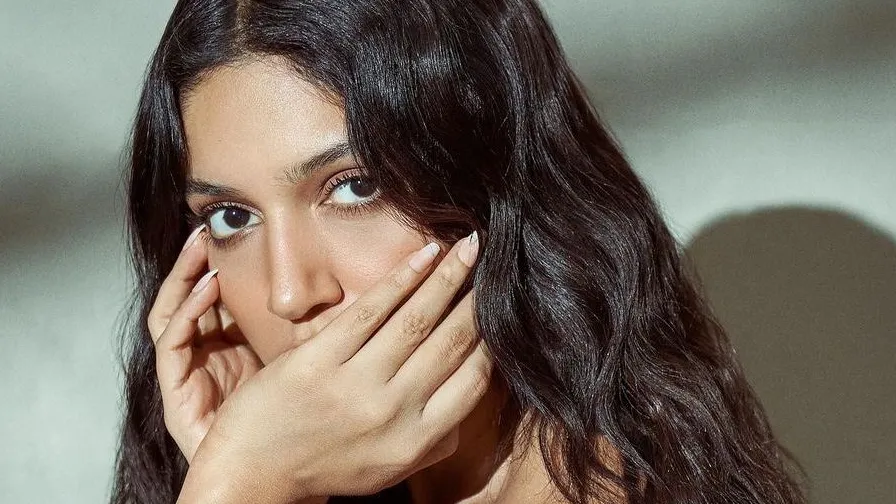By Lorena Meouchi
Biting your nails is one of those habits that speaks before you do. The fingers look shortened, the nails appear damaged, the skin around them sore, and during stressful moments, the hand drifts to the mouth without warning. “I’ve been biting my nails since I was little. At one point, I’d even pull them out,” says Ramón Barreto, Adaptation Editor at Vogue Mexico and Latin America.
Raise your hand if someone in your house ever chased you around with garlic nail polish. It’s a habit that cuts across age groups. Children, teens and adults experience it at different stages of life, often struggling to stop biting their nails despite repeated attempts.
The problem with biting your nails
It isn’t just a cosmetic concern. According to the Mayo Clinic, repeated biting can damage the nail bed. Even tiny cuts can allow germs to enter and trigger infections. Nails are made of keratin and designed to protect sensitive tissue. But when chewed, nails can weaken, splinter or fray, leaving rough edges that can hurt the mouth or digestive tract.
Beyond the surface, nail biting is often tied to emotional stress. Onychophagia, the clinical term for compulsive nail biting, comes from the Greek onyx meaning nail and phagein meaning to eat. According to an article by Fernando Guzmán Aguilar and Hugo Cuenca Solís for UNAM’s Journal of Scientific Dissemination, it is a behavioural response to inner tension. For many, the act is unconscious.
In children, it can be a sign of emotional distress, bullying or instability at home. For adults, it often appears during periods of burnout or after emotionally overwhelming events.
Is nail biting linked to anxiety?
It’s one of the most common questions on the internet. Psychologist Camila Colina explains that nail biting can be a form of sensory regulation. “It’s a way to bring attention back to the body through repetitive, automatic movement,” she tells Vogue Mexico and Latin America. In some cases, it is a stimming response, helping the body handle sensory overload or lack of stimulation. The hands act before the brain has time to process, often targeting the nails unconsciously.
How to break the habit
If you’ve been biting your nails for years, it might feel like an unshakable cycle. But Colina says the habit can be replaced. “One option is to substitute the behaviour with something that brings the same kind of relief,” she says. If nail biting helps manage stress, grounding habits can serve a similar function. Touching your arms or legs to reconnect with your body or keeping a stress ball at your desk can help interrupt the loop and protect your nails.
If the urge comes from sensory overload, objects like fidget spinners, textured toys or spinning rings can help. The first step, she says, is noticing when it happens and gently stopping yourself. That pause is what makes it possible to choose a different action.
For Barreto, working with a therapist helped shift how he responded. “I’ve realised it’s not just about how my hands look. It’s also about being kind to myself,” he says. “When stress builds at work and I find my hand drifting, I try to reach for something else instead.” Nails left alone, safe and sound.
If the habit feels rooted in something deeper, it might be worth speaking to a mental health professional. A therapist can help identify the underlying cause and build healthier coping strategies—ones that don’t leave you wounded at your fingertips.
This article first appeared on Vogue.mx
The biggest nail colour trends of 2025, according to experts
Feeling anxious? Here’s how to manage it
I stopped cutting cuticles while getting a manicure when an expert told me this
